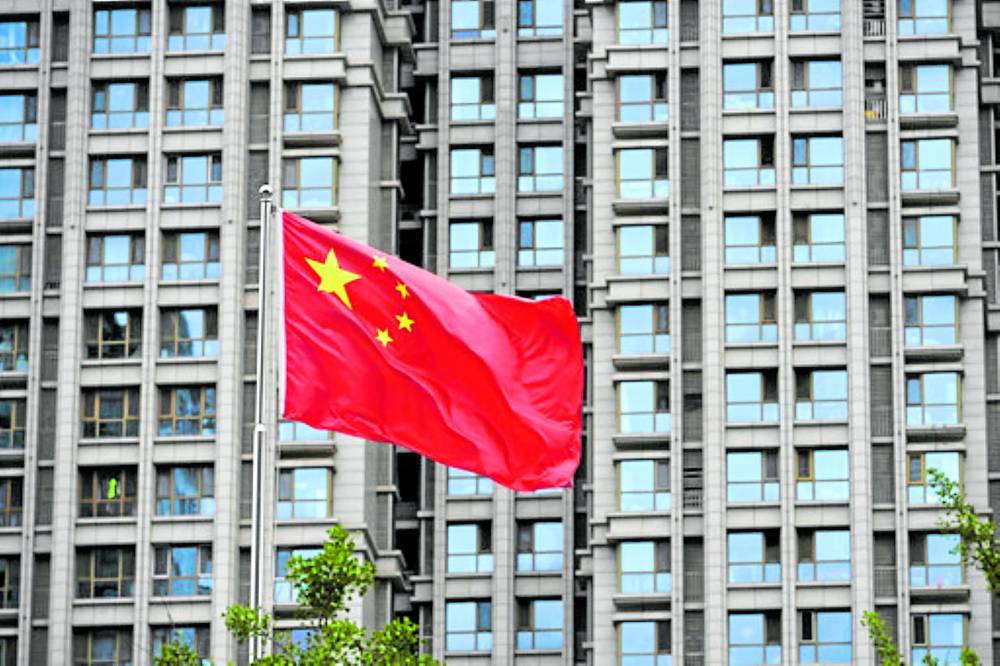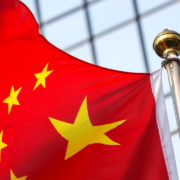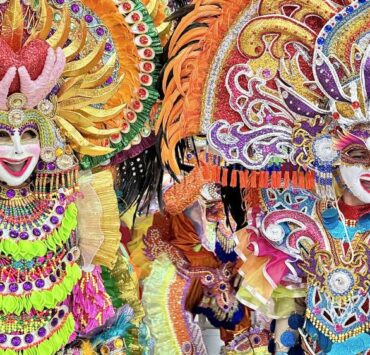Big-spending women focus of attention in slowing Chinese economy

The consumption trends of women who are spending money on themselves, particularly on personal care and travel, have been drawing attention in China amid a slowdown in the world’s second-largest economy.
While President Xi Jinping’s leadership is working hard to encourage marriage and childbearing in an attempt to stem the declining birthrate, these independent women seem unfazed.
The size of the market, labeled the “she economy,” is estimated to exceed 10 trillion yuan ($1.4 trillion) per year.
An all-male dance group, whose name literally translates to “Male Dog Theater” in Chinese, has been hugely popular on the back of fan engagement strategies, such as photo sessions and autograph signings.
Known for its sexy dance routines, the group has performed about 340 shows in a little over 100 cities in China this year. Under-16s are not allowed in the venue.
Fans scream when group members take off their jackets to show off their half-naked, well-trained bodies.
Unleashing true selves
“We try to create a stage where the audience can unleash their true selves and enjoy,” said Ge Junyi, 32, founder of the group.
The driving force behind the she economy is women in their 20s to 40s, who grew up under the country’s one-child policy.
Typically, they have achieved higher education, mainly in urban areas, and become financially independent. The wage gap between them and men has also narrowed.
Changing values
With the economic outlook uncertain and values changing, many women do not want to get married or have children.
Income is money to be spent to “pamper ourselves,” as a female company employee in Shanghai put it, in reward for the exhaustion of hard work and fierce competition in society.
New types of service have emerged for women in China, such as male hiking guides who accompany women on mountain trails and amusement parks staffed with handsome men.
While some see this trend as a sign of the improving status of women, others oppose the “commodification” of men.
Traditional Chinese values expect women to be good wives and wise mothers.
“I’m not against marriage, but I have the financial means to support my parents,” a 43-year-old female company employee in Shanghai, who is single, said. “I am comfortable with how things are right now, where I can release stress from work by watching my idol dance.”

















